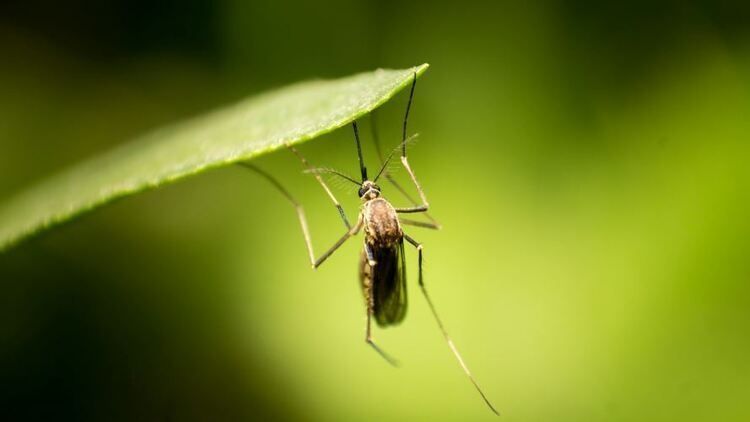
Institute for African Development Seminar: The Humble Brick: Mosquito Vectors, Designing with Air and The Incremental Home
virtual attendees – Register
Long absent from global health policy, improving the material quality of housing as a means of disease control is making its way back on the malaria research agenda—but what version of the home becomes articulated by those measures remains contested. To provide orientation to those debates, we offer an account of how the home has historically conjugated malaria control, from international eradication programs to latter-day approaches designed to correct the shortcomings of previous domestic interventions. We suggest how, despite many creative efforts to enfold the lived realities and material conditions of local homes into malaria control, these interventions have struggled to fully capture the affective, fiscal, and material processes through which domestic comfort is pursued and sustained over time.
Attention to construction and brickworks offers an alternative vision for the mosquito-proof home, one that, we believe, offers a platform from which to reconnect malaria control to what I describe as a ‘post-growth’ mode of development. The most used building material in the world, bricks are cheap, durable, modular, low-maintenance, energy-efficient, and have great potential for recycling and reuse. Those properties present an exciting opportunity for mosquito-borne disease control—a field dominated by commodity-based solutions designed at a distance from their situations they are ultimately deployed at scale. Designed with both human and mosquito vitalities in mind, tethered to a stepwise process of construction, brickworks enhance protective affordances of domestic space working precisely interim situations and dynamics socio-material circumstances that have historically been ignored by malaria control programs and their preoccupation with discrete, sealed spaces. More than a vector control tool, transforming the humble brick can help rearticulate aspirations for social progress within an enterprise circumscribed by biosecurity anxieties and humanitarian commitments, providing the foundations for more expansive imaginary for healthy and climate-resilient living.